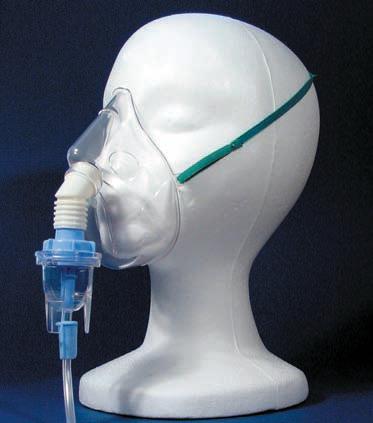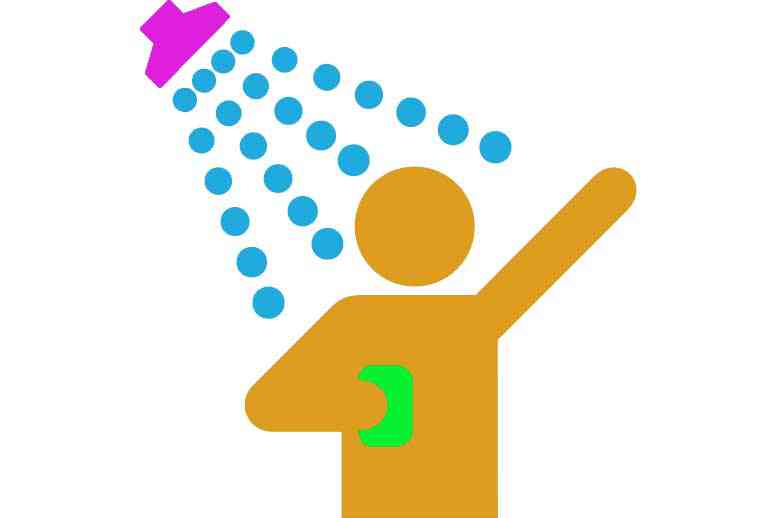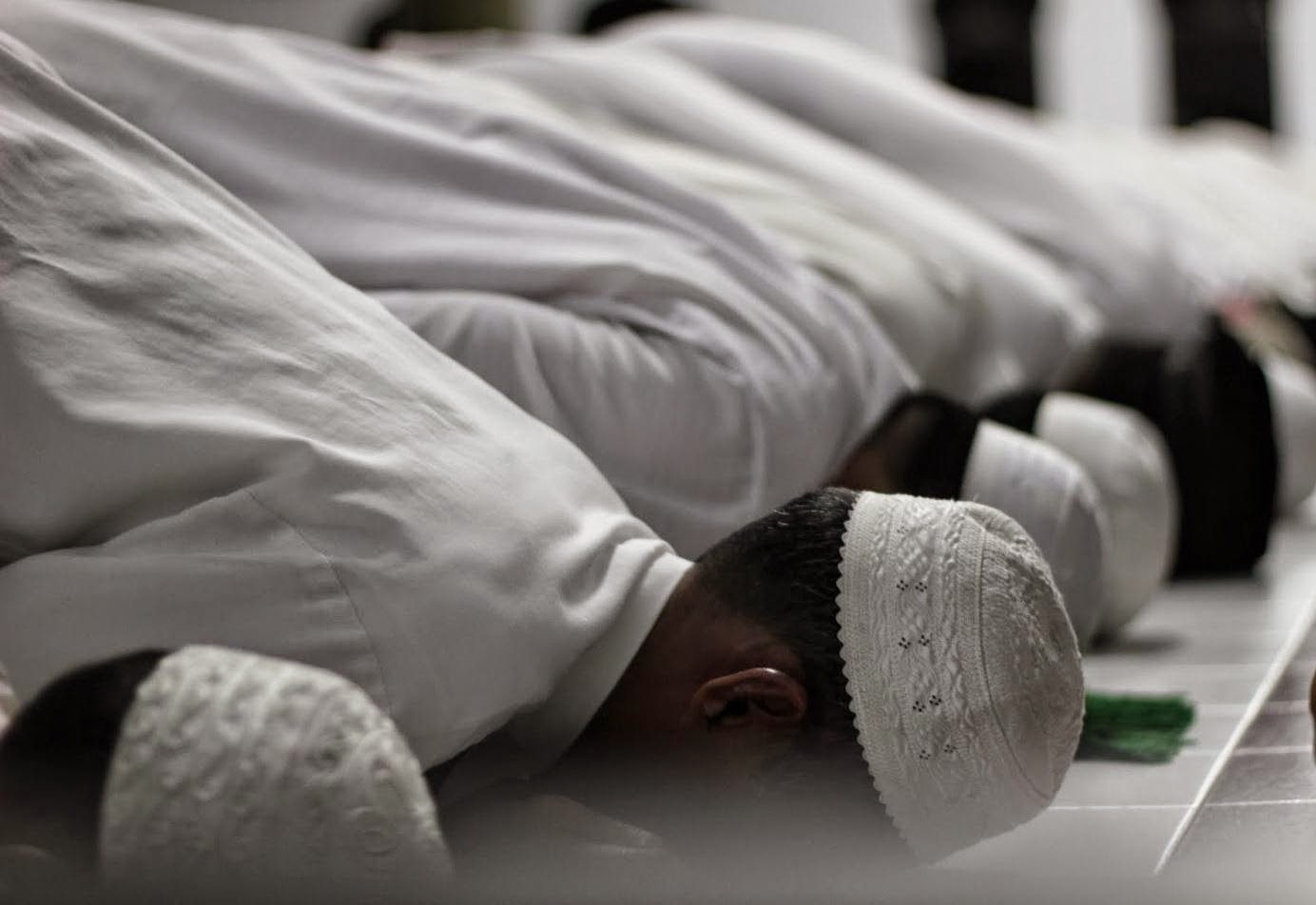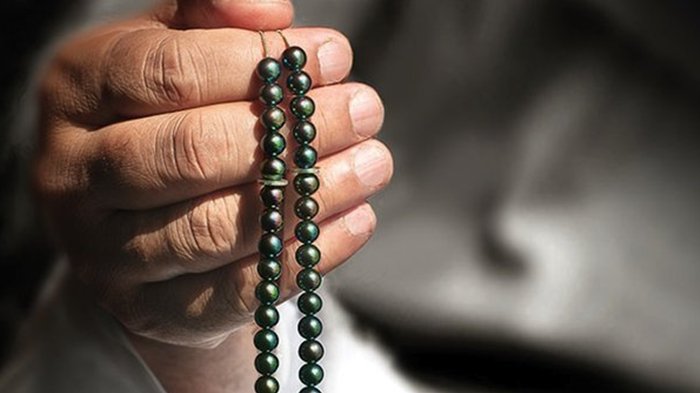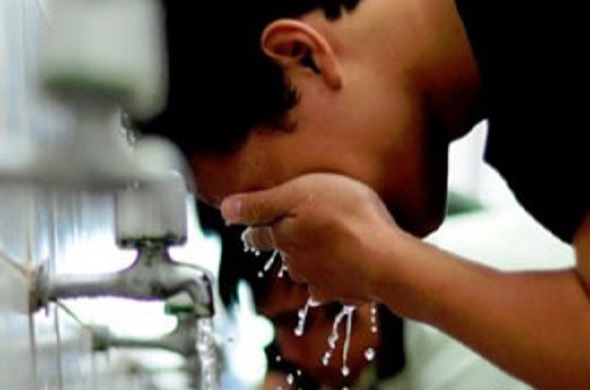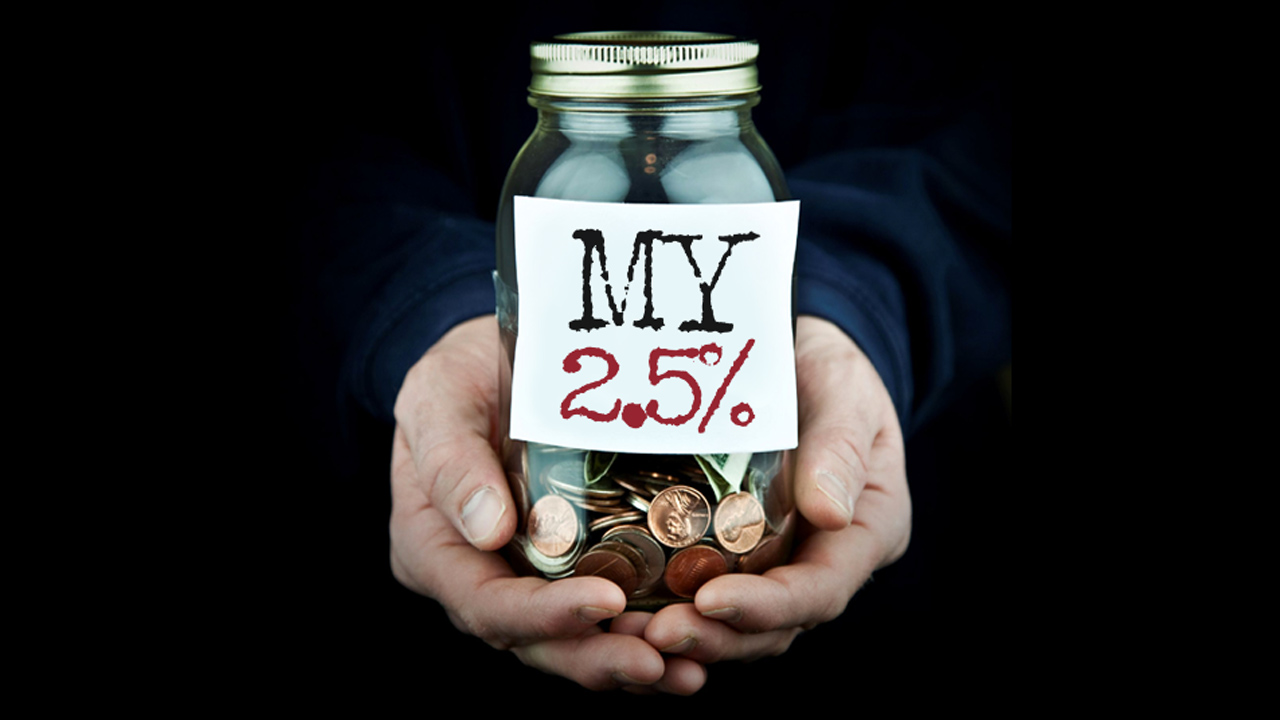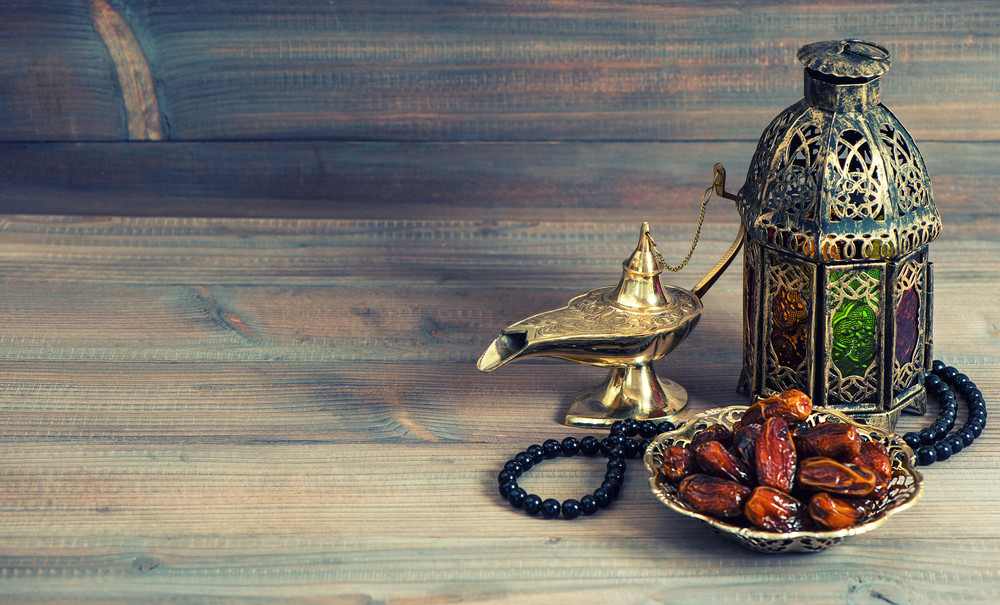QUESTION:
What do the scholars and muftis of the mighty Shari’ah say regarding the following matter, I live in such a city in England wherein there is no Sunnī Muslim doctor, so how will a concession be established whereby the fast is pardoned. If I am instructed not to fast due to my illness by a non-Muslim doctor, then is his statement accepted in sharī’ah?
Questioner: A brother from England
ANSWER:
بسم اللہ الرحمن الرحیم
الجواب بعون الملک الوھاب اللھم ھدایۃ الحق والصواب
A non-Muslim, deviant or sinful doctor’s statement is not accepted in sharī’ah, and neither can an obligatory fast of Ramadān be left upon their instruction. Just as it mentioned in Shāmī:
“أَمَّا الْكَافِرُ فَلَا يُعْتَمَدُ عَلَى قَوْلِهِ لِاحْتِمَالِ أَنَّ غَرَضَهُ إفْسَادُ الْعِبَادَةِ”
(”ردالمحتار”، کتاب الصوم، فصل في العوارض، ج۳، ص۴۶۴)
Furthermore, it is difficult to find a Sunni Muslim who is an expert doctor in your country. Therefore, in this situation, ones own experience will be sufficient to establish a concession to leave the fast; just as the statement of a righteous Muslim expert doctor is enough to establish a reason for leaving a fast, so too will ones past experiences suffice as evidence to establish a concession, i.e. one kept a fast in the past whilst suffering from this illness and the illness increased or he felt severe difficulty, then if this illness returns again, he can leave the fast. If he has no past experience, then he should fast and if the illness worsens or if he experiences such difficulty which he cannot bear, he should not fast.
Also, if the illness is the same, then based on another’s experience, it will become permissible to leave the fast. For example, Zayd suffers from an ailment and he fasted in that state due to which the illness worsened, now, Bakr is afflicted with the same ailment. Hence, based on Zayd’s experience, the concession of not fasting will also be established for Bakr. As it is stated in Shāmī:
“Based upon his own experience or in the case where the ailment is the same, the experience of another”
(”ردالمحتار”، کتاب الصوم، فصل في العوارض، ج۳، ص۴۶۴)
In addition, upon relief from the illness, it will be necessary to make up (qadā) those fasts. Therefore, upon becoming healthy, you must make up the fasts or fast in the winter; when the day becomes very short in England, and due to the cold, one does not experience much hunger or thirst, as Allāh (Most High) states regarding the sick that they can make up the fasts in the days outside of Ramadān:
فَعِدَّةٌ مِّنْ اَیَّامٍ اُخَرَ ؕ یُرِیْدُ اللّٰهُ بِكُمُ الْیُسْرَ وَ لَا یُرِیْدُ بِكُمُ الْعُسْرَ٘
“then an equal number of other days. Allāh intends ease for you and does not intend hardship for you”
[Sūrah al-Baqarah, Verse 185]
If by fasting you do not experience an increase in the illness or do not feel thirsty to such an extent that it cannot be endured, then it is obligatory upon you to keep the fasts of Ramadān. Besides, fasting is beneficial for ones health. The Noble Prophet (May Allāh’s peace and blessings be upon him) said:
“Fast! You will become healthy”
( دُرِّمَنثور ج۱ص۴۴۰)
واللہ تعالی اعلم ورسولہ اعلم صلی اللہ علیہ وآلہ وسلم
کتبہ ابو الحسن محمد قاسم ضیاء قادری
Answered by Mufti Qasim Zia al-Qadri
Translated by Zameer Ahmed
Read the original answer in Urdu here – [Q-ID0500] My non-Muslim Doctor tells me I should not Fast, can I act upon his advice?
Also see:
[Q-ID0477] I can’t Fast due to Diabetes, do I give fidyah?
[Q-ID0479] I can’t Fast due to arthritis, what should I do?
[Q-ID0346] What are the legally valid excuses of not fasting?
[Q-ID0349] I have Diabetes & receive insulin injections – do I have to fast?
[Q-ID0348] Do I pay fidyah for the fasts I missed due to pregnancy?









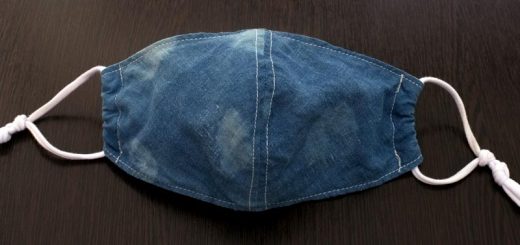
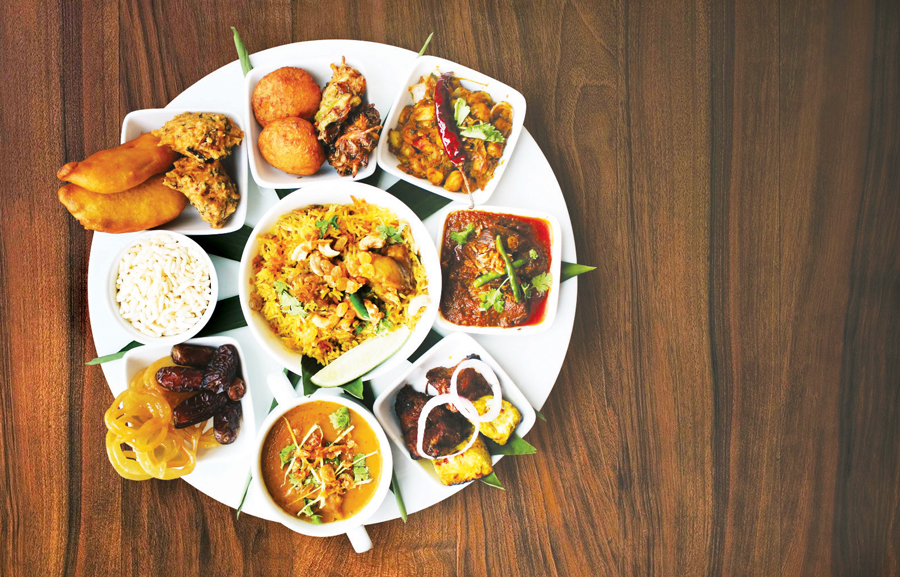



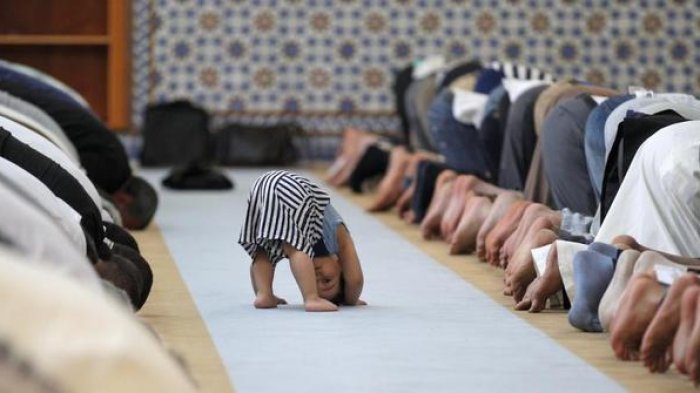



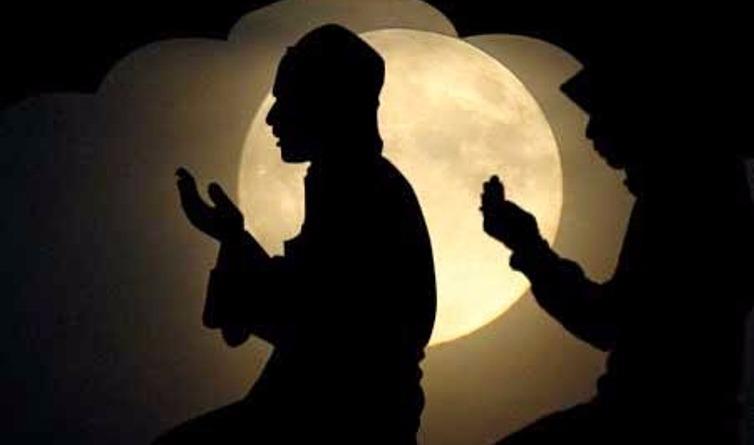

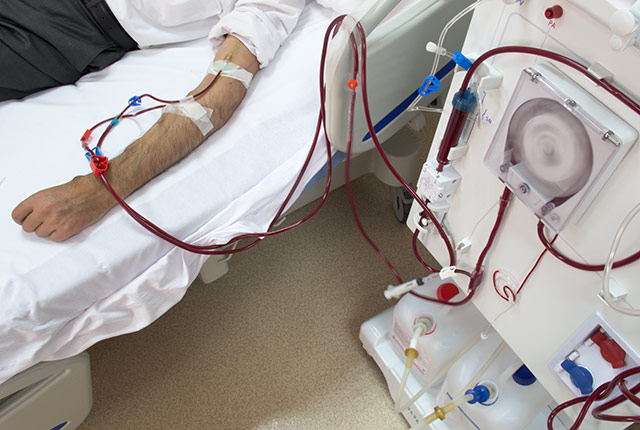
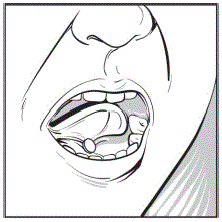


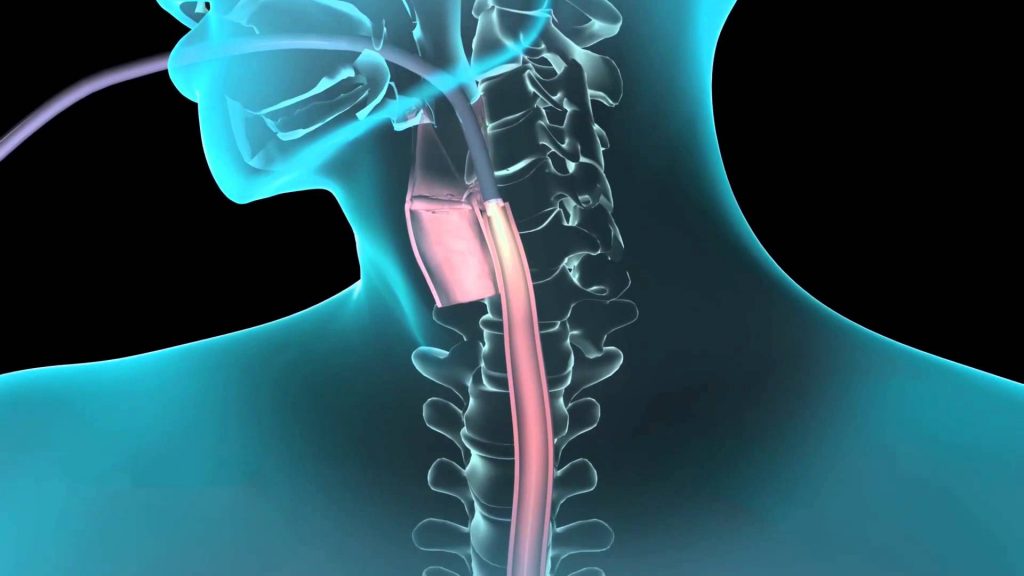
![[Q-ID0698] How is it to have a scan/test via X-ray, ultrasound, MRI, CT, ECG, etc while Fasting?](https://www.seekerspath.co.uk/wp-content/themes/hueman-pro/assets/front/img/thumb-medium-empty.png)

